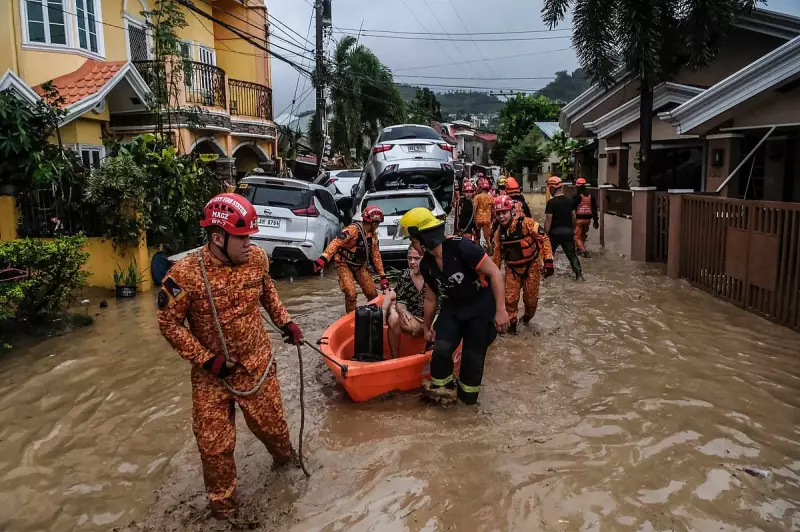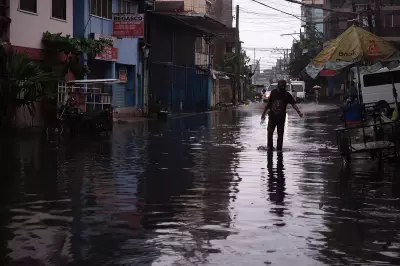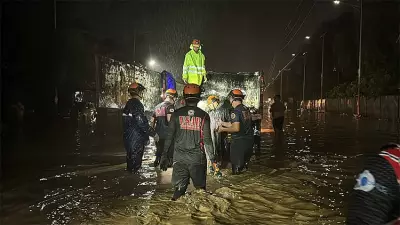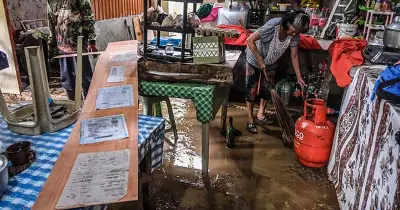
The relentless disappearance of Cebu's vital upland forests has become a primary driver behind the province's escalating flood crisis, creating a perfect storm of environmental devastation that threatens communities across the region.
The Root Cause of Rampant Flooding
Environmental experts point to extensive deforestation in mountainous areas as the critical factor transforming ordinary rainfall into destructive deluges. Without the natural sponge-like capacity of forests to absorb rainwater, water immediately cascades down denuded slopes, overwhelming rivers and drainage systems below.
"The correlation is undeniable," states one environmental scientist. "Areas that have lost significant forest cover experience dramatically faster and more severe flooding during heavy rains. The natural infrastructure that once protected these communities is rapidly disappearing."
A Cascade of Environmental Consequences
The impact extends far beyond immediate flooding concerns. The loss of upland forests triggers multiple environmental problems:
- Soil erosion that clogs rivers and reduces water quality
- Reduced groundwater recharge affecting water supply during dry seasons
- Loss of biodiversity as wildlife habitats disappear
- Increased landslide risks on unstable slopes
Urgent Calls for Action and Reforestation
Environmental advocates are demanding immediate intervention through comprehensive reforestation programs and stricter enforcement of environmental protection laws. The window for preventive action is closing rapidly, with each storm season demonstrating the worsening consequences of inaction.
Community-based forest management initiatives are emerging as potential solutions, combining local knowledge with scientific expertise to restore critical watershed areas. However, experts emphasize that these efforts require sustained commitment and significant resources to reverse the damage already done.
The Human Cost of Environmental Neglect
Behind the environmental statistics lie real human stories—families displaced by floods, farmers losing livelihoods to eroded soil, and communities facing repeated evacuation. The economic impact spans from immediate disaster response costs to long-term agricultural productivity losses.
As one affected resident noted, "We never had flooding like this when the mountains were still green. Now every heavy rain brings fear and destruction to our community."
The situation in Cebu serves as a stark warning about the interconnectedness of environmental health and community resilience, highlighting the urgent need for balanced development that preserves natural defenses against climate extremes.





